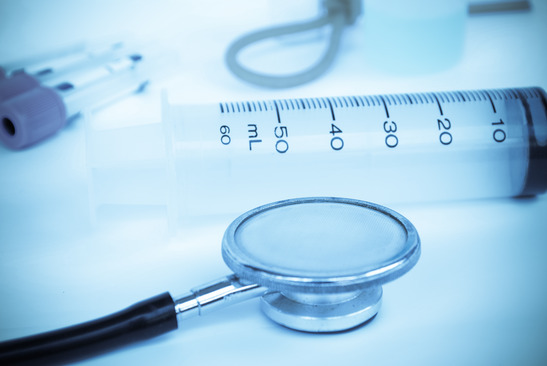
In October 2016, the Food and Drug Administration issues a report detailing a summary of inspection findings relating to 15 U.S. hospitals. Specifically, the report details failure of these medical centers in properly reporting medical device-related failure and adverse patient events.
The release of this report is during a time when the manner in which hospitals report medical device adverse events is gaining ever increasing scrutiny. There have been a number of high-profile cases involving significant safety issues associated with medical devices of different types.
Included on the list of medical centers that failed to properly report medical device failures are some of the most high-profile, widely-recognized hospitals in the country. These include Los Angeles-based Cedars-Sinai Medical Center and Boston-based Brigham and Women’s Hospital. In addition to failing to report adverse events related to medical device failures, these hospitals also argued to keep written medical device reporting procedures.
Inspection Results and Findings of Medical Device Failures
The inspections that gave rise to this report were thorough. They occurred from December 2015 through April 2016. The inspection resulted in 11 individual hospitals being identified as failing to properly inform the FDA with data that a medical device caused or may have caused, or contributed to, the death of a patient. Pursuant to FDA regulations, a hospital must provide such a report to the FDA within 10 business days of the patient’s death.
Some of the hospitals identified for wrongdoing include:
- Park Ridge Hospital
- Cedars-Sinai Medical Center
- UCLA Ronald Reagan Medical Center
- Huntington Memorial Hospital
- New York Presbyterian Hospital
- Allegheny General Hospital
- Brigham and Women’s Hospital
- Dartmouth-Hitchcock Medical Center
- Carolinas Medical Center
- Froedtert Hospital
Specifics of FDA Action
An FDA inspector involved in the medical device reporting violations noted that one hospital flat-out admitted it did not maintain appropriate files. In the final analysis, nothing was available for inspection at Brigham and Women’s Hospital. This went beyond shortcomings in reporting exhibited by medical institutions. Other hospitals at least collected some data in some manner and preserved it to a degree.
Public Workshop Regarding Medical Devices
In the aftermath of this investigation and report, the FDA has elected to conduct a public workshop to better identify poorly performing medical devices. The failure of major hospitals to properly report these failures leaves a public forum as a means of gleaning information that should be coming from medical centers.
The hope is that this forum will be a starting point for more significant dialog regarding poorly performing medical devices. It is intended to be a starting point in a process to garner more useful information regarding the efficacy of medical devices relied upon by the public to a fairly extensive degree.
In the final analysis, the ultimate goal and objective of appropriate medical device failure reporting is to protect patients going forward. The argument is that if these hospitals would have been in compliance regarding the reporting of medical device defects and failures, further injuries and deaths could have been avoided. This consideration is what underpins implementing alternative pathways to obtain vital information about medical device failures.
Learn more about Medical Device News.
